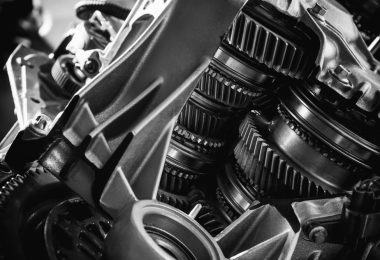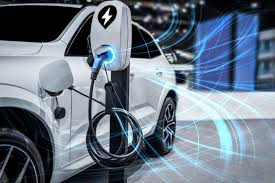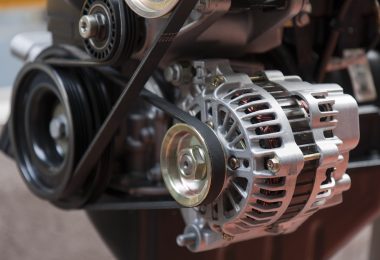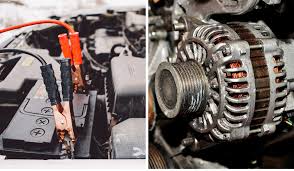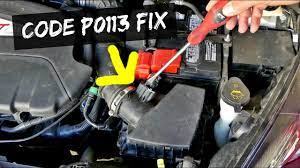Causes of vehicle’s stall when the brake is applied; Sometimes your vehicle comes to stop when you applied brake. This can be embarrassing and disappointing. You may have imagined what could cause the brake and stop. Here are the major causes.
Brake System
The brake system is composed of the disk brakes in the front end and/or rear of the vehicle that connects to a system of tubes and hoses. This system works through the master cylinder as the driver steps on the brake pedal that pushes a plunger against it. The action forces hydraulic oil (or brake fluid) through the tubes and hoses into the braking unit at each wheel. The brake fluid forces the caliper inside the master cylinder to press against the piston. The two brake pads squeeze on the rotor attached to the wheel to slow down or make a complete stop. The parking brakes, power brake booster and anti-lock system are also connected with the brake system.
Stalling
One way the car stalls is if there is a leak in the brake booster, either by a blockage of the vacuum hose or a cracked, ruptured or leaking diaphragm. Another is the master cylinder leaking brake fluid, either internally or externally from the cylinder boot. Stalling can also happen if there is a brake line obstruction, either by a chunk of rust or a pinched brake line. Air in the brake fluid from a hole in the system can prevent proper pressure to the brakes. The car may also stall due to a vacuum leak in the anti-lock brakes system.
Inspection
If the engine stalls during braking, an inspection is necessary to narrow down the problem in order to repair the vehicle and avoid further issues. First, the transmission is checked for contamination; if so, the part is disassembled and the main housing is cleaned. If not, the clutch plate is inspected for clearance of friction at .055 to .085 inch. The third range relay valve assembly should be inspected to see if the directional control slide is stuck in the right-hand intermediate housing. The left-hand intermediate housing is checked for the clearance in the feeler gauge at .012 to .060 inch or if the directional control slide is stuck as well.
Idle Air Control Valve
Another common cause of this vehicle stalls when the brake applied is idle air control valve. This is the component that maintains and adjusts the vehicle’s idle speeds. It is controlled by the engine computer, which calculates the proper idle speed using inputs from the various engine sensors. If there is an issue with idle air control valve, or with the inputs it gets its direction from then the engine could experience issues such as irregular idle and stalling. The same can also be caused by a vacuum leak or issues with the brake booster. It may also be possible that you are experiencing transmission issues. The transmission uses a series of electrical sensors and solenoids to control the transmission’s shifting. If any of these solenoids or sensors develops an issue they can cause all sorts of transmission and performance related problems, including stalling and late shifting.


